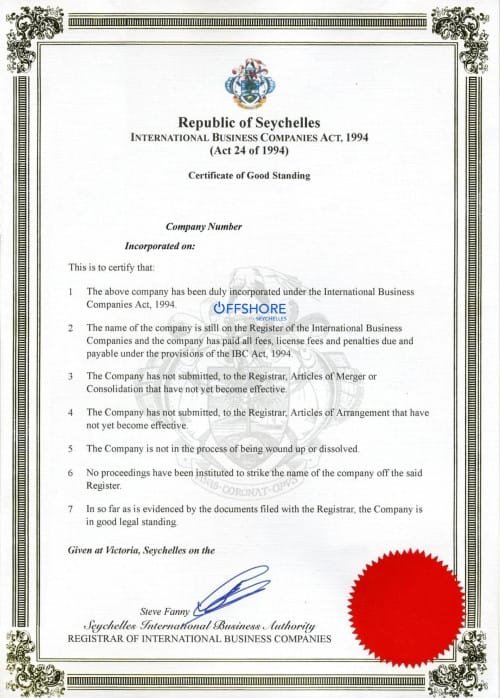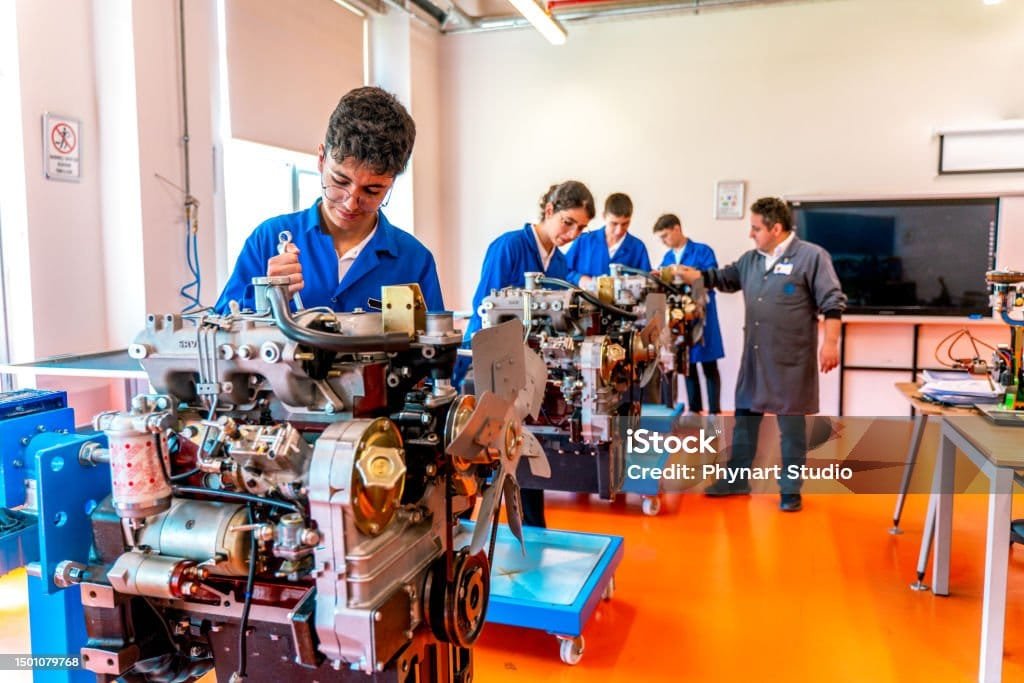which is more effective to get a degree from university or to get a technique without university or certificate ?
which one most you like to get a degree or to get technique ?
Table of Contents
Introduction: What is a Degree and What is Technical Training?
A degree refers to an educational attainment recognized by a college or university after successful completion of an education program. This would usually span several years of content delivery on both specialized elements and general education components. Degrees are most likely linked to careers which are largely theoretical in nature such as engineering, law, medicine, or even business studies. They are considered as important in cases where such higher learning is indispensable and help in promoting the growth of one’s career for a considerable length of time.

In a very precise manner, technical education prepares for the acquisition of practical skills geared towards practice in certain jobs or trades. This approach often takes less time to complete and more often than not does not necessitate a higher education level at the university. This is because technical training can be obtained from vocation or trade schools, permits, or skilled training programs. People working as electricians, mechanics, welders, and IT technicians have more of this training as it is geared towards practical job attainment rather than theoretical knowledge.

Which is More Effective: A University Degree or Becoming a Technician ?
One of the most critical decisions individuals have to make when it comes to forming their future careers is whether they should acquire higher education or join the workforce through technical training. When the job market changes, both the relevance and effectiveness of the two options can be called to question. Contrary to universities, which ordinarily offer degrees with a wide range of intellectual development and the promise of job opportunities, technical training equips learners with practical skills that will be relevant in the labor market in a shorter time span. This article examines both tracks in order to determine which could be more successful depending on the career paths of individuals, goal settings, and economic factors.
The Case for a University Degree

1. Comprehensive Education and Knowledge
A university degree carries out a broad education that often overlaps several disciplines. Students in university programs not only get specialized knowledge in their chosen field but also soft skills like critical thinking, problem-solving, communication, and leadership. A computing science student, for example, at a university not only learns programming but also studies algorithms, software engineering principles, ethics, and project management.
This type of education brings about more intellectual flexibility thus it can be a great advantage in jobs that require adaptability and complex problem-solving. Apart from that, the majority of the top job positions in management, healthcare, engineering, and technology sectors are associated with the formal or higher level of education. Degrees are usually considered as a minimum qualification for professional such fields of law, medicine, architecture, and teaching.
2. Greater Career Flexibility and Mobility
It is widely accepted that a diploma from the higher educational institution (HEA) is a key that nowadays opens doors to many professions. It is generally noticed that employers are hiring candidates with degrees for lucrative positions, such as management, closer, or generalist, and for jobs that require critical thinking skills or for taking data-driven decisions. A wide range of industries is very ready to pay for the deep (specific) knowledge a student can achieve through the academic training provided by the university. At the same time, higher education prepares learners for a broad and rich set of skills that can be applied in their professional paths, them being multifaceted leaders.
Furthermore, a university degree can offer unlimited runway in one’s career in the future. For example, a graduate who has specialized in business administration may begin his/her career in marketing but, later, could also take jobs in HR, finance, or consulting. The ability to be flexible is vital to the current labor market dynamics, characterized by ever-changing technology, economy, and the challenge of the international competitive edge of businesses.
3. Networking and Opportunities for Further Education
College life is very good for networking. Signing up for clubs, joining the social stream, and going to the alumni office would give students the possibility to form relationships with other students, teachers, and alumni. As a result of this, they will have a network of people to help them in career development. In this case, a school could be a university that offers internships, job placements, and exposes students to career fairs. Networking that takes place in these aforementioned sessions can be beneficial in finding a job after graduation. Besides, regardless of the size of the school, it is an open secret that the university industry and the businesses are on the same page. By attracting students to employers and helping to put undergraduates into jobs, the schools can fulfill their employment obligations
The Case for Technical Training Without a University Degree

1. Faster Entry into the Workforce
One of the most compelling reasons for choosing a technical career path that does not require a university degree is the speed at which you can become a part of the job market. Quite often, the technical schooling and apprenticeship roads consume less time than the traditional four-year degree. For instance, a carpenter, welder, or motorcycle mechanic can be ready to start their career after finishing a program that lasts from a few months to two years.
This considerable time cutback enables a person to get a job and salary much earlier, fugitively escaping the financial drain of university tuition and the threat of student loan debts. Likewise, a large number of technical careers include apprenticeships and as such, students can get money in the process of learning at work.
2. Practical, Hands-On Skills
Training for technical subjects is mainly centered on practical abilities that one needs when they want to get ahead in a particular career. Thus, a welder, HVAC technician, or a computer repair technician learns very specific job-related skills that he/she can very easily transfer to his/her place of duty. This “hands-on” method of learning is the one that should be chosen by people who learn better via the doing process instead of the academic program.
Besides that, technical apprenticeships are generally involved in the sectors that are indispensable even in the period of economic recession. To be specific, plumbers, electricians and HVAC technicians are the phases that have a contingency of employees as their services are mostly needed either in residential, commercial, and industrial fields.
3. Lucrative Careers Without a Degree
In the last few years, a lot of technical positions have turned out to be very rewarding, with the salaries offered which at times are the same or even higher than what graduates coming from universities get. Skilled trades, such as electricians, welders, and automotive mechanics, are such that one can get high pay with the increasing demand and the decrease in the availability of workers in those fields. Not only that, many technician positions offer the flexibility for an individual to become self-employed, and thus, set their own prices and be their boss for a longer time.
Take, for example, the normal salary of an electrician in the U.S. which in most cases is almost the same with or sometimes even higher than that of a graduate with a business degree. Furthermore, a number of technical jobs also do have a golden path for career progress with certification connecting as well as continuing education to opening up opportunities for employees to grow their income over time.
Comparing the Costs: Financial Considerations
The most crucial matter that must be taken into account is the price when it comes to choosing a university course or a technical program. The soaring cost of higher education has forced many individuals to analyze the worth of a degree. In a recent study, it was shown that the average civilized loan for a graduate student in the U.S. is $30,000 and over. This loan may be painful especially if it is associated with other.
Contrary to this, the technical programs seem to be much more affordable. The program of apprenticeships enables students to earn money, and as a result, they will have the opportunity to avoid or at least reduce the students’ (federal) loans. Besides, those who start work in the technology sector are way ahead of those who just now graduate from universities in earning a good income which enables them to make a financial start in life.

Which is More Effective?
Ultimately, the choice between a university degree and technical training depends on several key factors:
Career Goals: Some professions, such as medicine, law, or engineering, require a university degree while many technical fields, such as plumbing, electrical work, or welding, do not need a degree and could be very rewarding with high salaries and job security.
Personal Interests: Those who love hand-on work and learning from practice will find technical training more suitable for them. Those who prefer scholarly research and wish to comprehend broadly will gain more from a university education.
Job Market Demand: There are certain types of technical jobs that are in high demand and come with job security. Nevertheless, a university degree might provide more flexibility in the long run and ways to get promoted to management positions.
Financial Considerations: Schools that offer technical training programs are in most cases cheaper and students spend less time before entering the job market. A university degree, though, is high-priced yet pays off better with time higher position in companies.
Conclusion
Different individuals may vary when it comes to deciding the best course of action between getting an academic qualification or being a technician without a certificate. Both of them have their own benefits, and the appropriate one for a person will depend on their professional goals, how much they have and their personal preferences. If there are more employment opportunities and career mobility thanks to a university degree, there is always a quicker return to work thanks to technical training and the acquired skills, as well as economical advantages. Ultimately, though, it is not only the course that is of significance but the motivation and abilities that one applies in that profession that will ensure success achivement.
I hope you get advantage from the above article so welcome and comments what you to talk next. Have welcome 🙏
Related article
Certificate of Good Standing
Certificate of Good Standing, this is included:
Seychelles offshore company incorporation dateIBC registration number of Seychelles Offshore Company.
The above-mentioned company was duly incorporated under the International Business Companies Act, 2016, founded.
The name of the Company is still on the Register of International Business Companies and the Company has paid all fees, royalties and costs due and payable under the provisions of the IBC Act, 2016The company is not in liquidation or dissolutionNo proceedings have been instituted to remove the name of the company from the said register
As far as can be ascertained from the documents filed with the Registrar of Companies, the Company is in good legal standingSigned and authorized by the Seychelles Registrar of CompaniesCan be optionally equipped with a Apostille be issued by the Supreme Court of the Seychelles
The certificate is sent as a PDF in an eMail and can also be sent as an original and official printout at an optional cost via DHL Worldwide Express CourierProcessing time of the Certificate of Good Standing approx. 5 working days.
To Apply of the Certificate of Good Standing



